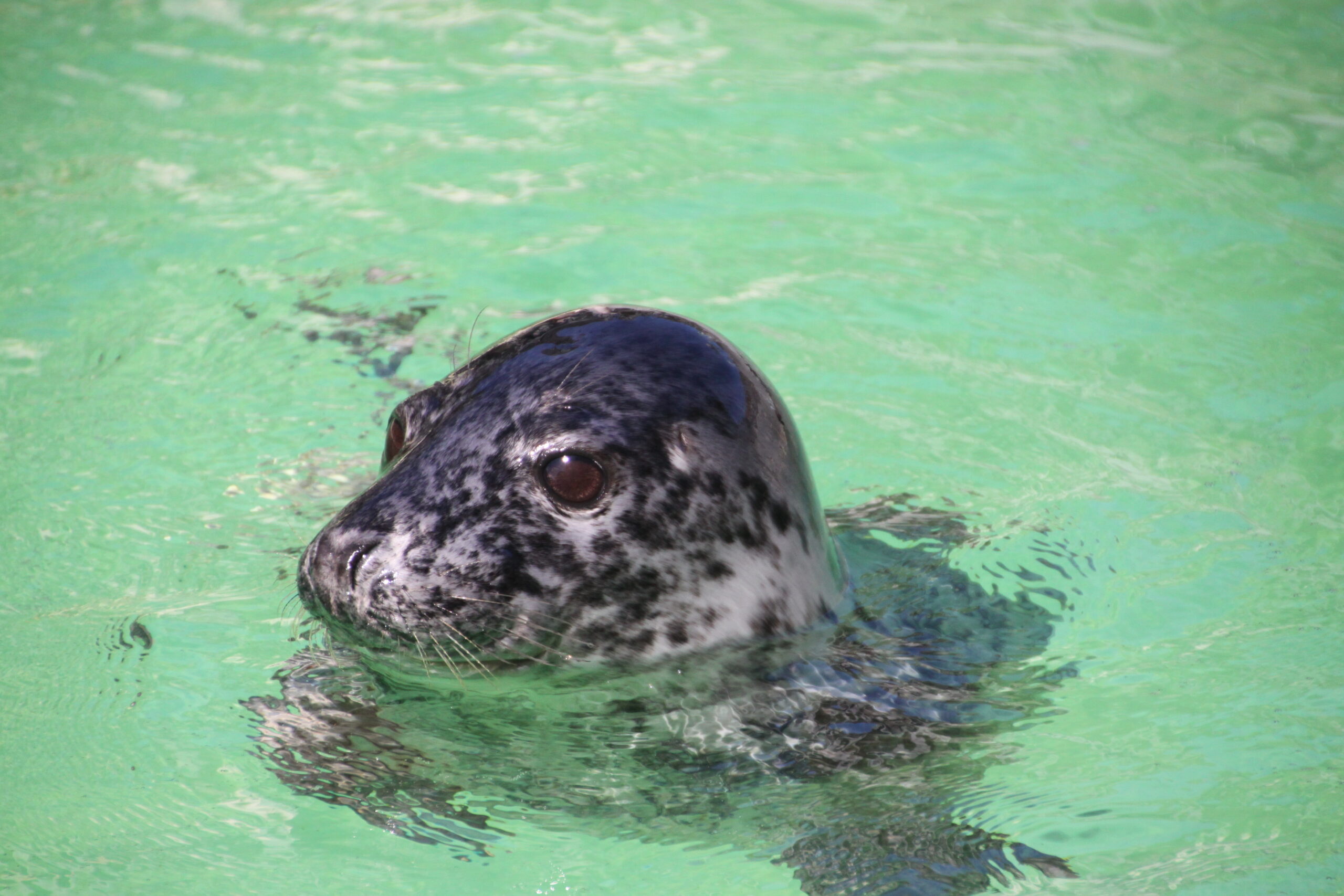It seems elementary, but scientists have been perplexed at the ability of certain species to calculate their lungs and capacity to save oxygen.
Now a new study at the University of St Andrews could have finally answered the question of why seals – among other mammals – don’t drown after reaching depths they are unable to resurface from before running out of air.
A number of reptiles, birds and other creatures are capable of deep breath-hold diving but cannot breathe under water. According to the latest research, it is now believed that such animals can cognitively monitor real time oxygen levels in order to avoid putting themselves in situations they can’t recover from.
Published today in Science, the St Andrews Sea Mammal Research Unit also claims these species are likely to be insensitive to carbon dioxide levels in their bloodstream. Most mammals, including humans, are highly sensitive to any changes in the amount of this potentially deadly gas in their bodies.
The result came from a unique test in which participating seals dived underwater in a controlled pool facility to reach fish. Prior to submerging, they were exposed to air with various oxygen-carbon dioxide mixes. Scientists then recorded differences in behaviour, and observed that oxygen levels correlated with dive depth, while carbon dioxide levels and blood pH did not.
This points to a unique capability of some mammals to understand exactly how long they can spend underwater, and the possible depths it’s possible for them to reach. Such an adaptation would represent a key evolutionary step in marine mammals and other species capable of breath-hold diving for food without succumbing to oxygen starvation, losing consciousness and dying.
‘To find such a fundamental aspect of the evolution of marine mammals that is so central to a huge part of what they do – dive – is incredibly exciting,’ said Dr Chris McKnight, who led on the research. ‘It feels like something that has been right under our nose all this time. As simple and as logical as it might seem at face value that seals can sense oxygen, and that this helps them to make decisions so they don’t run out of oxygen and drown, evolutionarily it puts them and their physiology amongst some of the most uniquely adapted animals.’
Image: University of St Andrews
More nature:
Sustainable Tourism study suggests animal free dishes should be spotlit
British banks next to consider abandoning 1.5C global warming investment limit

















